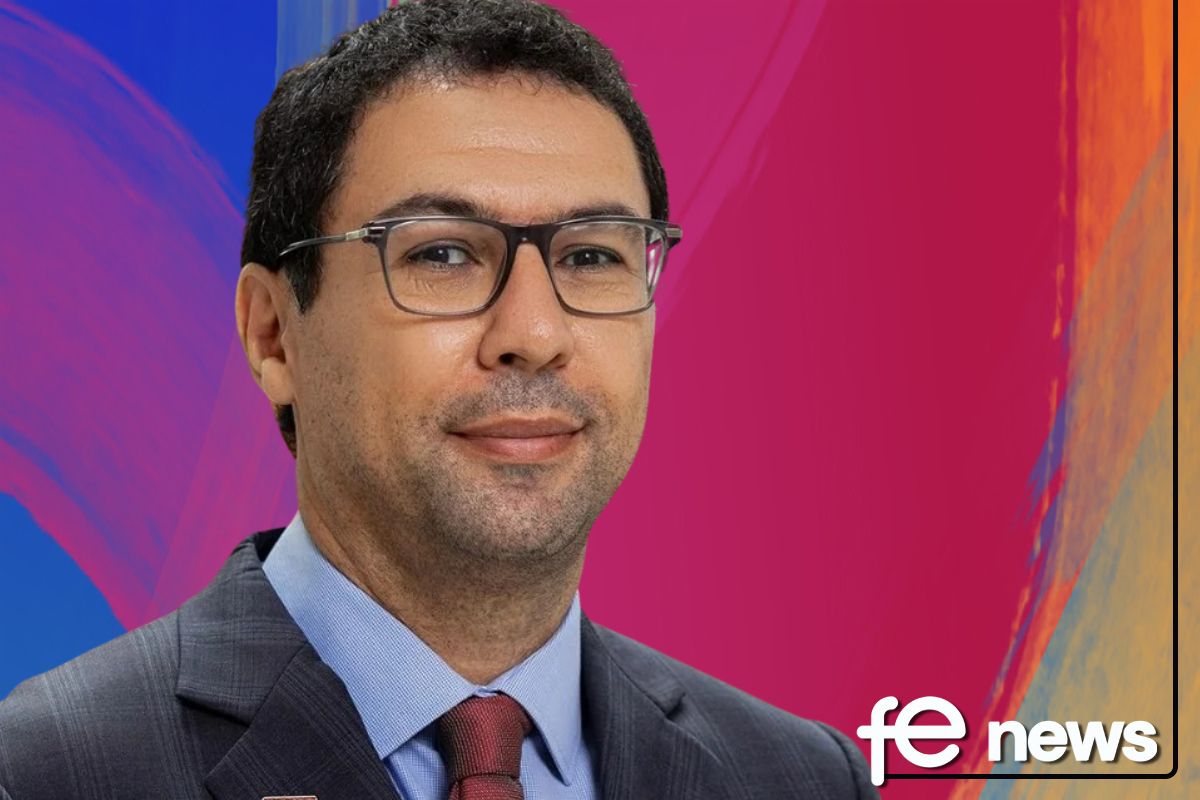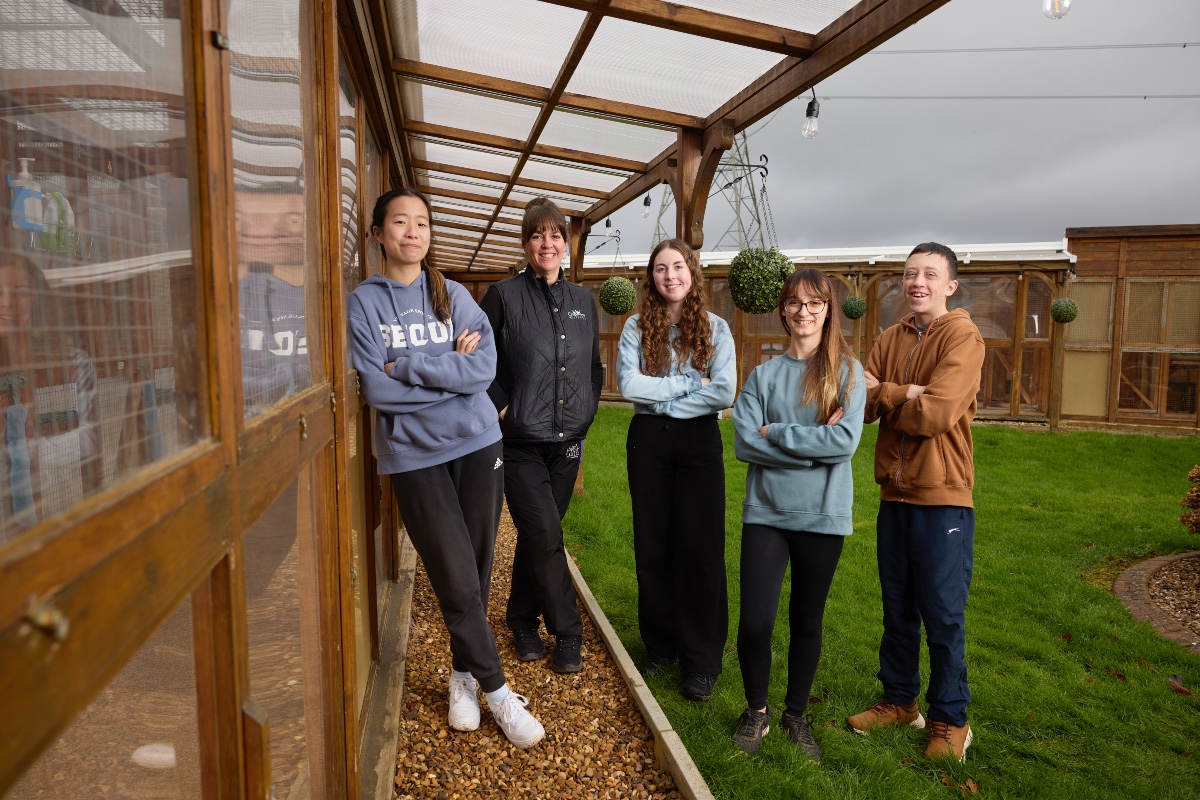£200 million of funding announced to address the disadvantage gap

Education trials and interventions to improve attainment will be carried out across schools, colleges and early years settings, backed by a new multi-million government grant.
- £137 million for the Education Endowment Foundation (EEF) to continue its work developing the evidence to support outstanding teaching
- A further £66 million to increase access to high-quality literacy and numeracy programmes in schools
- EEF to have greater focus on early years, recognising the importance of early development for children’s life chances
The Department for Education is re-endowing the Education Endowment Foundation (EEF) with a new grant of £137 million, cementing the independent charity’s role as a central part of the education landscape for at least the next decade.
The EEF will continue to support the Government’s teacher training reforms, whilst expanding activity in the early years. This will include working as the evidence partner for the Early Years Stronger Practice Hubs, which are due to launch in November 2022, to share effective evidence-based practices with local settings to help boost young children’s development.
The Government is also announcing a further £66 million for the next phase of the Accelerator Fund to increase access to high-quality literacy and numeracy programmes in schools over the next three academic years. This forms part of the Government’s commitment to ensuring that any child who falls behind in maths or English will get the support they need to get back on track.
As part of this, the EEF will be given up to £41.5 million to continue to increase its evidence around effective programmes, scale-up existing programmes, and support schools with implementation. Up to £21 million of the funding will also support Maths and English Hubs to roll out high quality programmes to schools.
Schools Minister, Will Quince, said:
“The re-endowment of the EEF, in addition to funding to continue the Accelerator Fund, will provide the evidence base that allows schools and teachers to give children the best start to their education.
“This work, in addition to our ambitious education recovery plan, will help to improve the attainment of millions of pupils and level up opportunities across the country.”
Over the past decade, the EEF has carried out over 200 evaluations to understand which interventions and approaches are most effective in closing the attainment gap, engaging 23,000 nurseries, schools, and colleges in trials and reaching over 1.8 million children, including 500,000 pupils eligible for free school meals.
Today’s funding for the Accelerator Fund also follows a successful first year of the initiative, in which the EEF supported 20 programmes across more than 1,500 settings, including those in regions that experienced significant learning loss during the pandemic. Some of these programmes included ‘Reciprocal Reading’, an intensive 12-16 small-group programme to improve reading comprehension and ’1stClass@Number’, which supported 6–7-year-olds with low attainment in maths to improve their skills.
English Hubs and Maths Hubs programmes also helped to deliver programmes to over 5,000 schools, giving them access to phonics and numeracy programmes. These programmes have experienced strong demand and will continue to be rolled out to additional schools as part of ongoing funding announced today. Schools can contact their local hub for more information.
Areas with high proportions of children from disadvantaged backgrounds will continue to be prioritised for the schemes to help level up attainment.
Sir Peter Lampl, chair of the EEF since its inception, said:
“Over the past decade, the EEF has built a reputation as a trusted and independent source of evidence. The new endowment will allow us to continue to evaluate and spread best practice across the country, as well as expand our work in the early years sector.
“High-quality evidence plays an important role in supporting education practitioners’ own professional judgement, as they work to make sure that every child and young person has access to a great education.”
These initiatives form part of the Government’s wider ambitious education recovery plan worth nearly £5 billion. This includes £1.5 billion for a national tutoring revolution, through which over two million high-quality tutoring courses have already started. A £1 billion Recovery Premium is also supporting some of the most disadvantaged pupils across the country to catch up on lost learning.











Responses